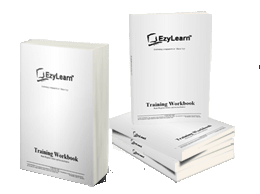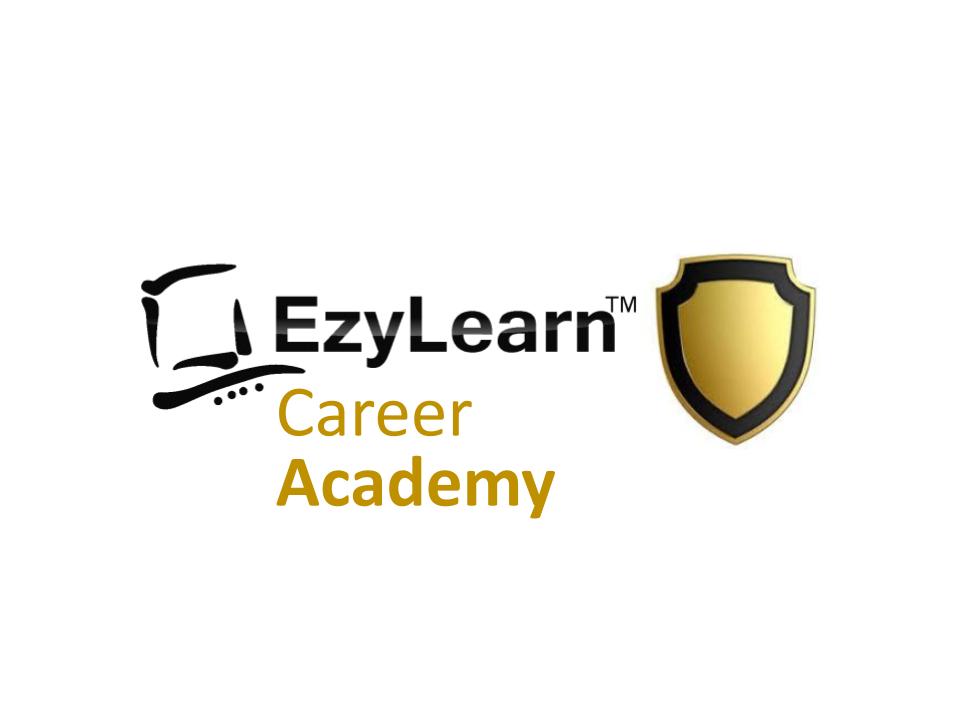What is Content Marketing?
 Content marketing involves creating content for the purpose of attracting people to your landing pages to learn about what you do and how you do it and include:
Content marketing involves creating content for the purpose of attracting people to your landing pages to learn about what you do and how you do it and include:
- websites,
- landing pages,
- blogs and
- newsletters.
It is an opportunity for you to share your story while getting prospects into your sales funnel so they get to know and like you and finally want to participate in what it is you do — it’s online marketing.
The Content Part of Content Marketing?
The content part is usually about keywords because today’s market is driven by keyword optimisation.
Keyword optimisation is there to help websites get discovered by the dominant search engine, Google. Even if you have images, photographs, infographics and videos on your landing pages, and blog articles, you still need to describe them in the “meta” area of the page using keywords.
Content Marketing and the Sales Funnel
 Even if you work for a large multinational company each product and every service is based around a niche — a focused area of speciality that customers are looking for every day.
Even if you work for a large multinational company each product and every service is based around a niche — a focused area of speciality that customers are looking for every day.
Content Marketing enables you to cover every aspect of your solution, in great detail, and use it to your advantage in your day-to-day marketing. In fact, although we cover this concept in our Sales Training Course this is where marketing and sales overlap and more and more what was considered part of the sales process is in fact becoming more of a marketing role.
The biggest difference between the marketing funnel and the sales funnel is how ready a client is to transact. When a client is ready to make a purchase or place an order they are in your sales funnel – when they’re just thinking or might be interested in the future they’re in your marketing funnel.
Content Marketing Keywords
A major aspect of content marketing that demonstrate the importance of niches is the use of key phrases in marketing. For example, if you are looking for a sign-in book for your office and explore this online, you’ll find that customers search for:
- The brand they use (eg. Kalamazoo)
- The name of the printing company they last got theirs’ from
- visitor book, visitor books, visitor management etc as their keywords
Mechanics of Content Marketing
Once you have the key words, phrases, landing pages, calls to action and that side of your content marketing strategy, the next task (or for some, the first task) is to find a way of getting these words online. You can use them in your LinkedIn Profile or your Facebook Page and you can talk about it on linked in.
Most businesses use their website and news (or blog) to capture prospects and then use techniques like newsletters, whitepapers, infographics, free offers, time-based offers and more to entice prospects to make the choice of getting to know them a little better. This is the goal of content marketing — to tell a compelling enough story that potential customers are willing to come along and learn more about what you do and how you do it.
WordPress and Content Marketing
 Websites can be created using many different software tools and a very common website design and blogging program is WordPress.
Websites can be created using many different software tools and a very common website design and blogging program is WordPress.
WordPress is free and open source and enables you to choose from thousands of professional themes (look professional and save money), as well as all of the tools that comes with WordPress, like
- widgets,
- plugins,
- sliders and many other features.
Learn how to use WordPress on your own hosting to built the relevance and reputation of your own domain name in Google’s free relevance based search results.
The only other way to get higher up in Google search results, or ideally on page 1, is to pay for Google Adwords Advertising.
MailChimp and Email Marketing
 Email marketing is one of the cheapest ways to reach customers because you already know them. Using email marketing systems like Mailchimp you can
Email marketing is one of the cheapest ways to reach customers because you already know them. Using email marketing systems like Mailchimp you can
- attract,
- capture and
- send messages to leads with the goal to turn them into customers.
- get campaign performance analytics and reports
Email marketing campaigns can be automated or they can be based on campaigns for different times of the year, special offers or product announcements.
All of this content needs to be carefully written to encourage your audience to open the email, read the content and take advantage of the offers made.
Learn about the Mailchimp Course for Email Marketing
Who’s Going to Do Content Marketing?
Content writers compete globally for their services so it’s important to remember that there is only one you and your writing capabilities and style are unique. Many people think they can hire a virtual assistant from Asia or Eastern Europe and they’ll be able to sort all their content marketing out quickly and cheaply but that’s not the case.
This is definitely work that a virtual assistant can do but it is far better suited to a parent working from home in Australia! Small Businesses need writers today more than ever before and it’s thanks to Google.
A Professional Journalist and a Business Owner
Our content marketing courses combine the skills of a professional Australian journalist and a business owner to give students an insight into how to write great content that is relevant, but also how to read the analytical data and fine tune the resulting landing pages to ensure success with your digital marketing strategy.
We’ve developed a system that any writer can follow to help their clients improve the value of their website by creating great content and ensuring that visitors at the website take action. Learn more about how we measure the results of content marketing by setting website goals.
 Real Life Case Study: Asbestos Removal Company
Real Life Case Study: Asbestos Removal Company
Asbestos is a know safety risk for anyone associated with buildings including trades people, maintenance people, developers, project managers and more. In our Content Marketing Case Study we explore the website goals of an Asbestos removal company based in Lake Macquarie NSW with an aim to generate, publish and optimise written content, images and more to inform potential customers and make the website relevant to Google Search algorithms.
Learn more about our Real World Scenarios
 One Digital Marketing Course includes everything
One Digital Marketing Course includes everything
Content Marketing is a cornerstone topic in our Digital & Social Media Marketing Training Course because it enables you to use your content as a constant source of publishable content and include social media like Facebook to engage in deeper conversations about many aspects of your business. Content, websites that build value with Google and Social profile and networks are now intertwined and all aspects work together if you want to get discovered by potential customers online.
Read about our Digital and Social Media Marketing Course
 Marketing Courses Available Separately
Marketing Courses Available Separately
Do you only want to do one of the marketing courses we offer and not all of them combined for a cheaper price? Visit our Marketing Academy and enrol only into the courses you need.
The Marketing Academy Short Course Enrolment option provides you with targeted learning for a low cost and can also be used to earn Continuing Professional Development (CPD) points if you are a real estate agent, bookkeeper or accountant.
Visit the Marketing Academy







